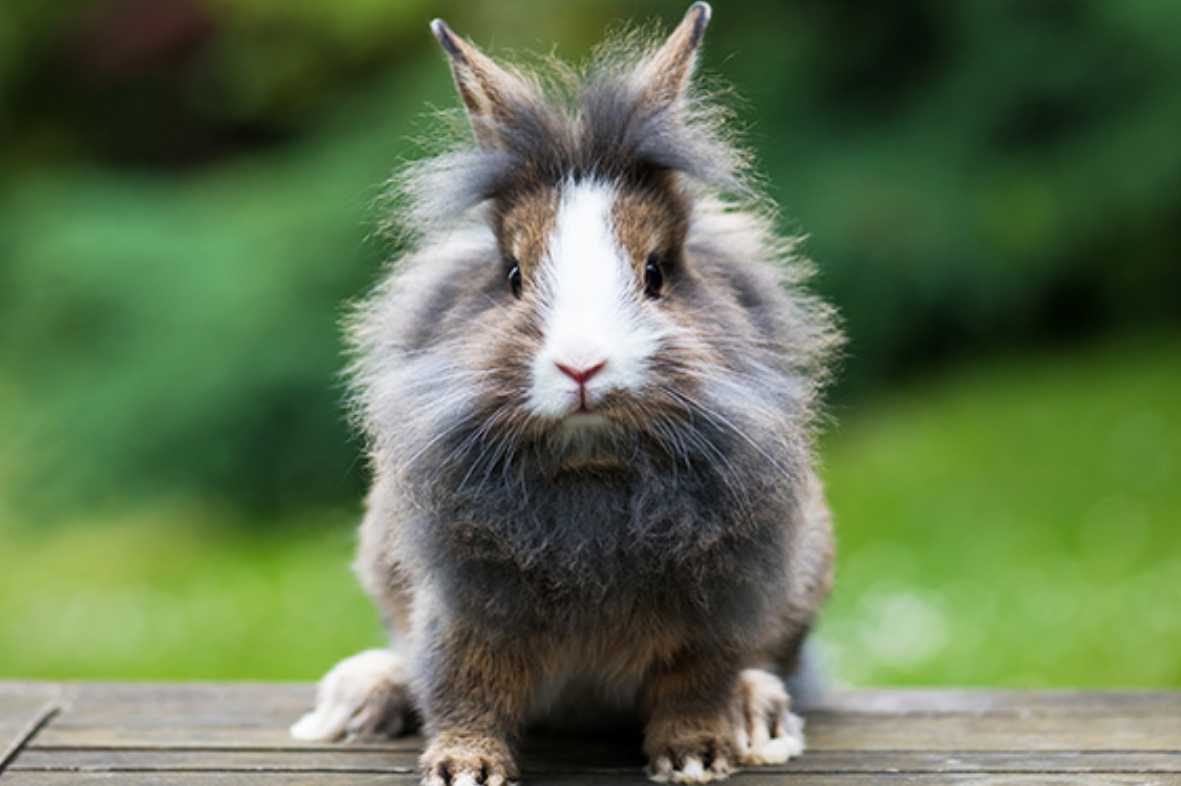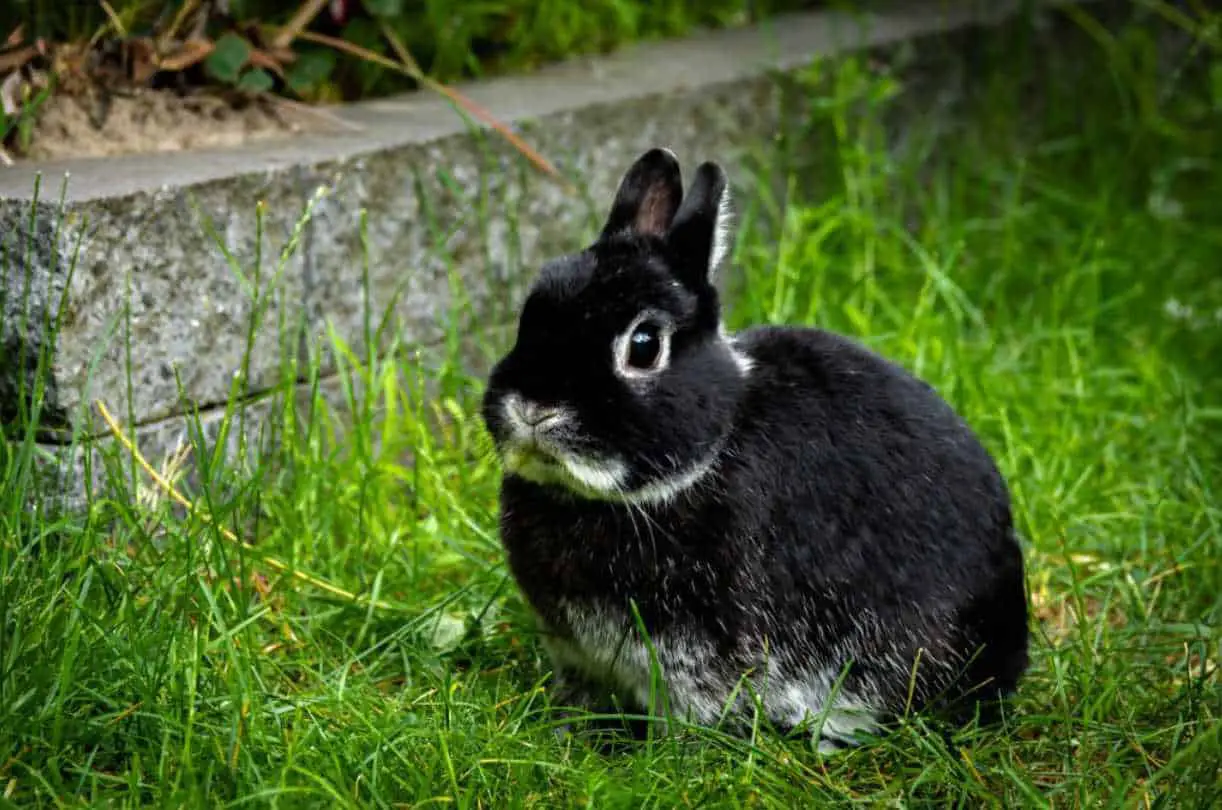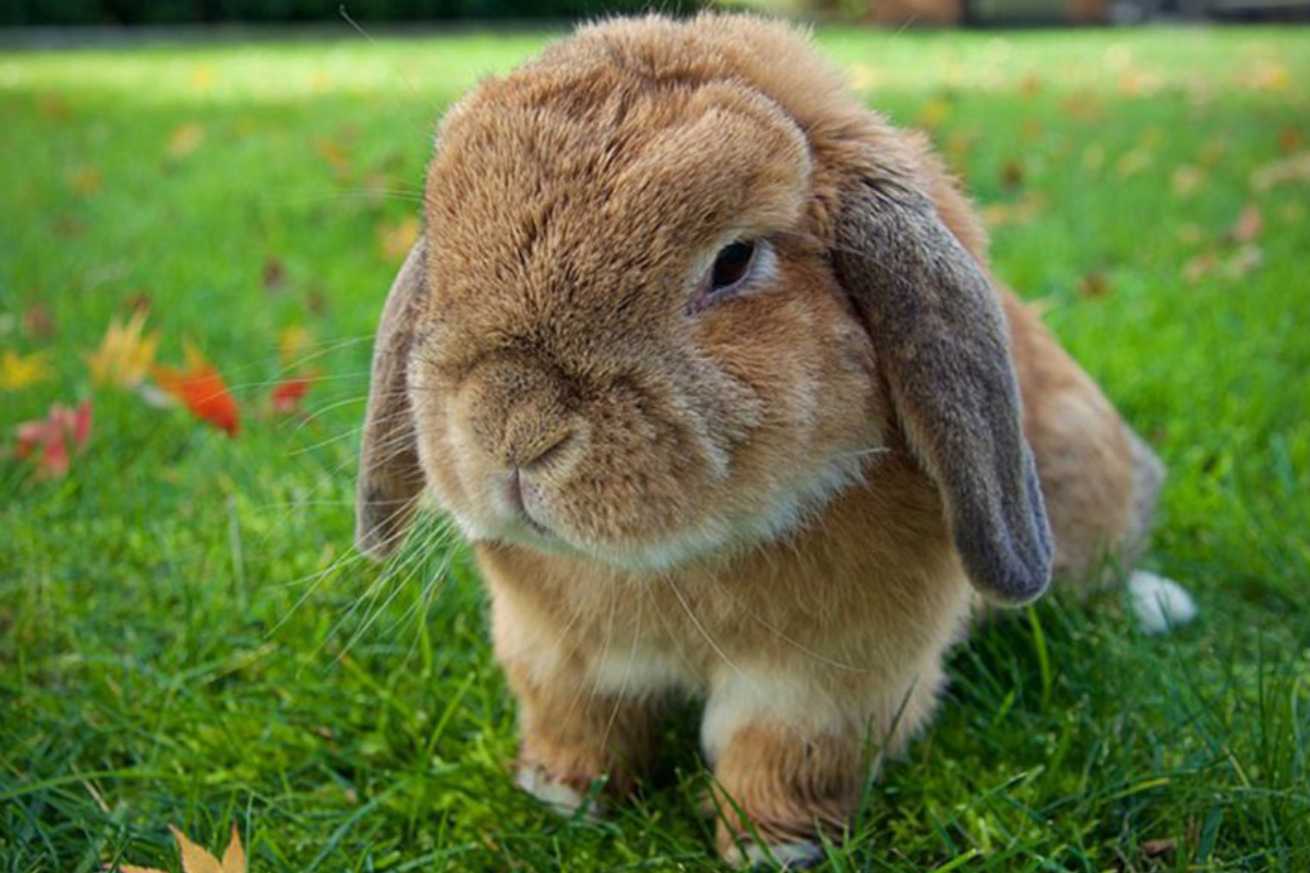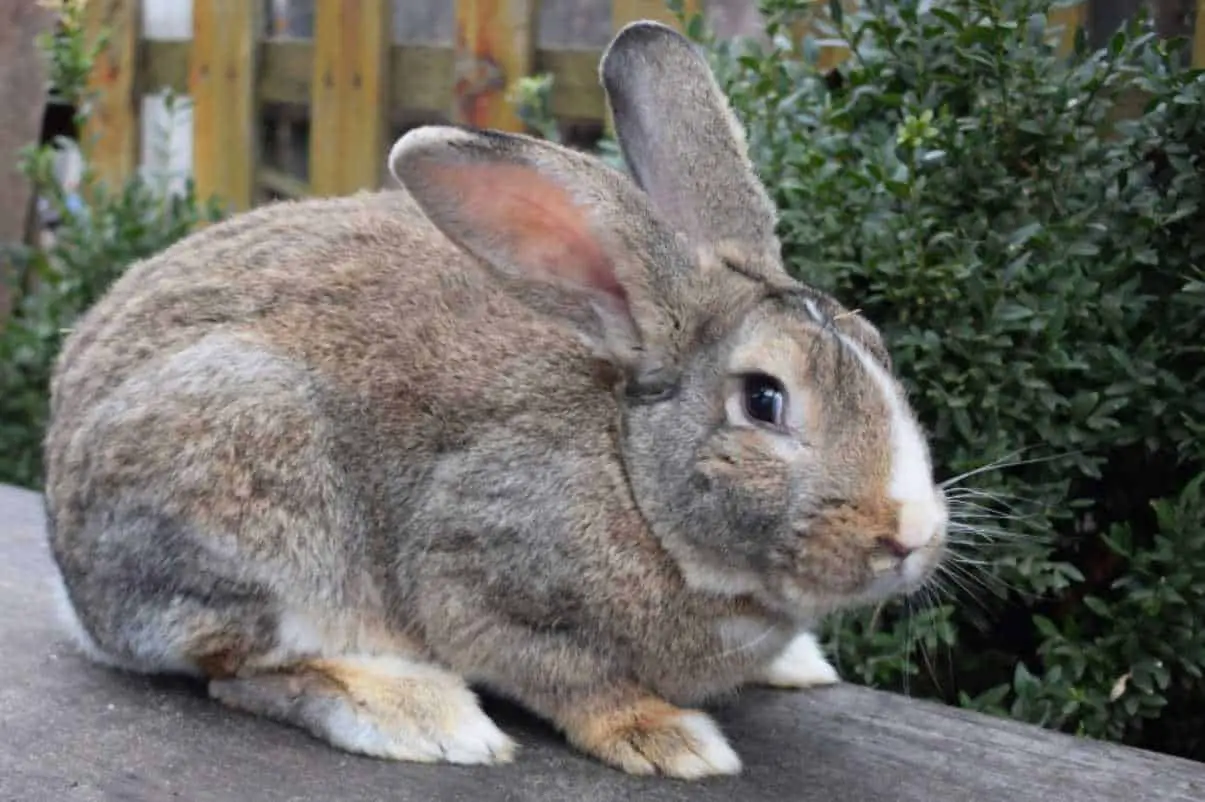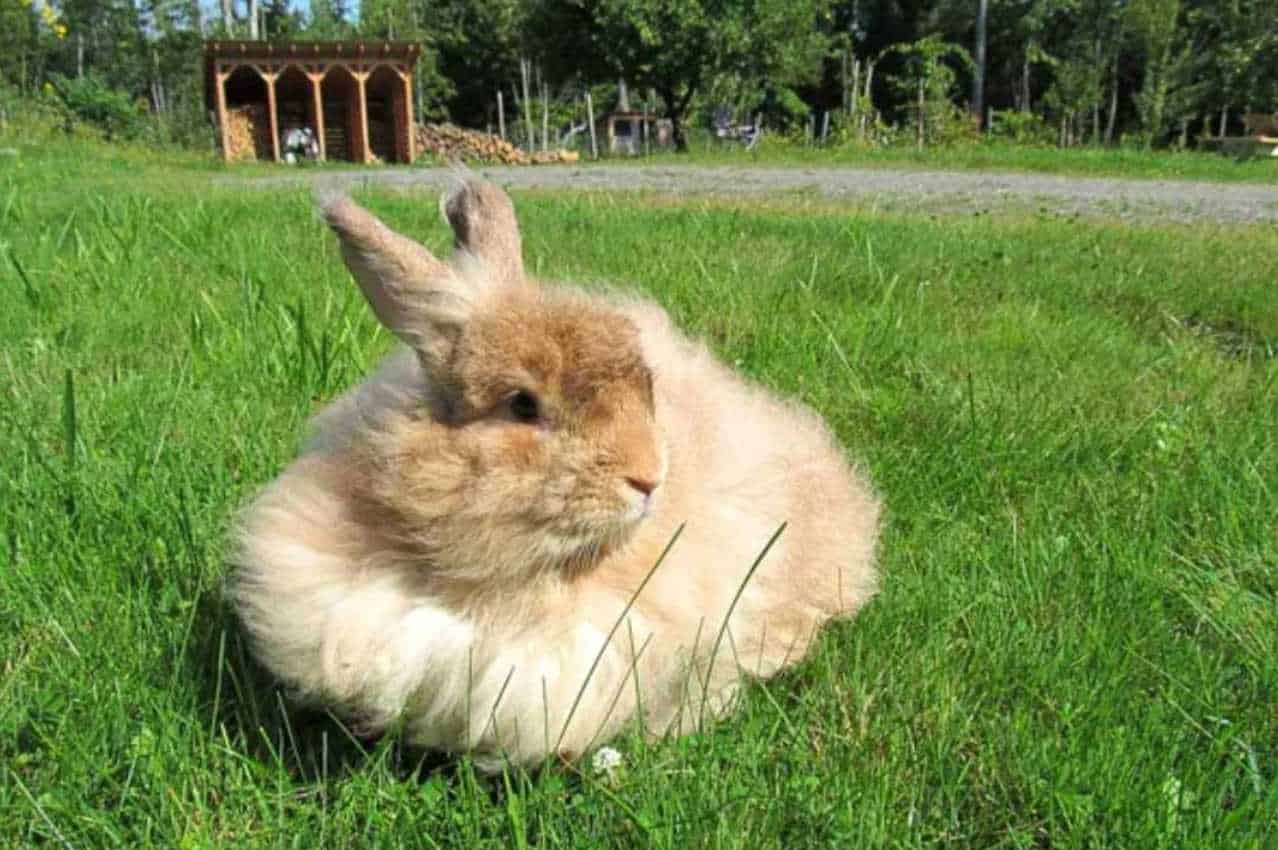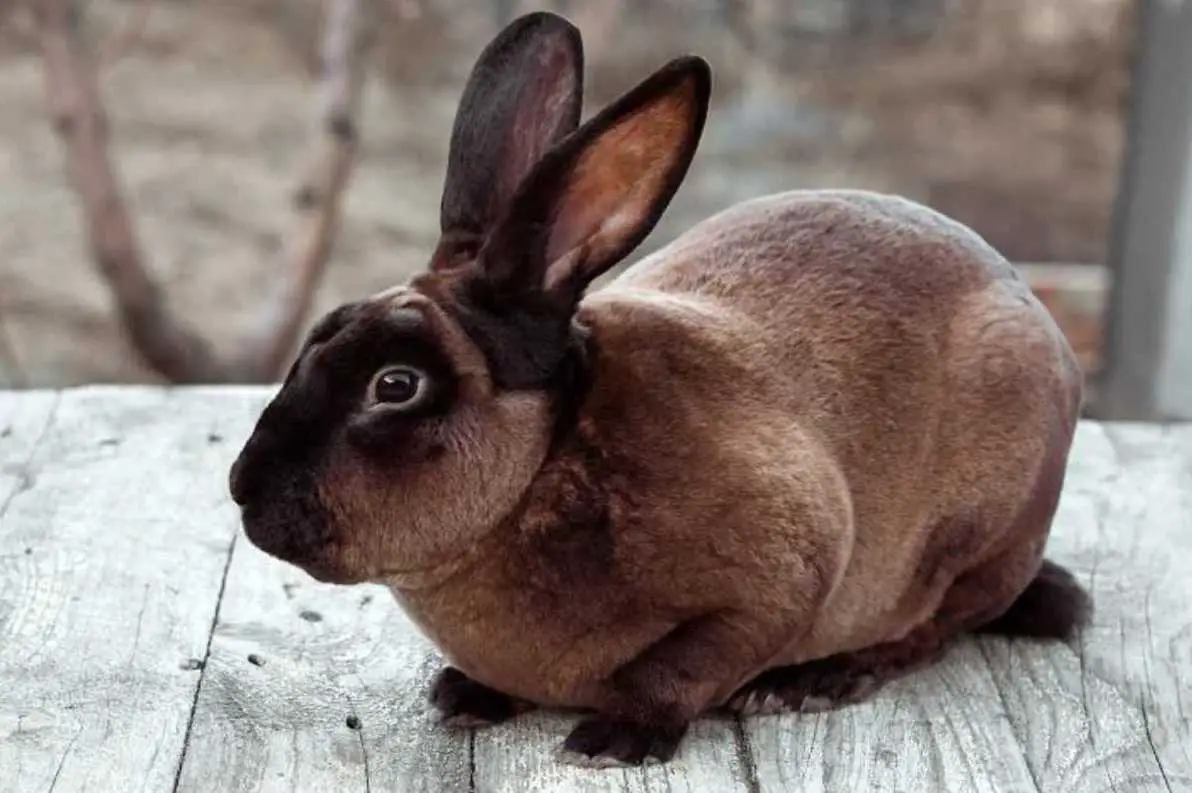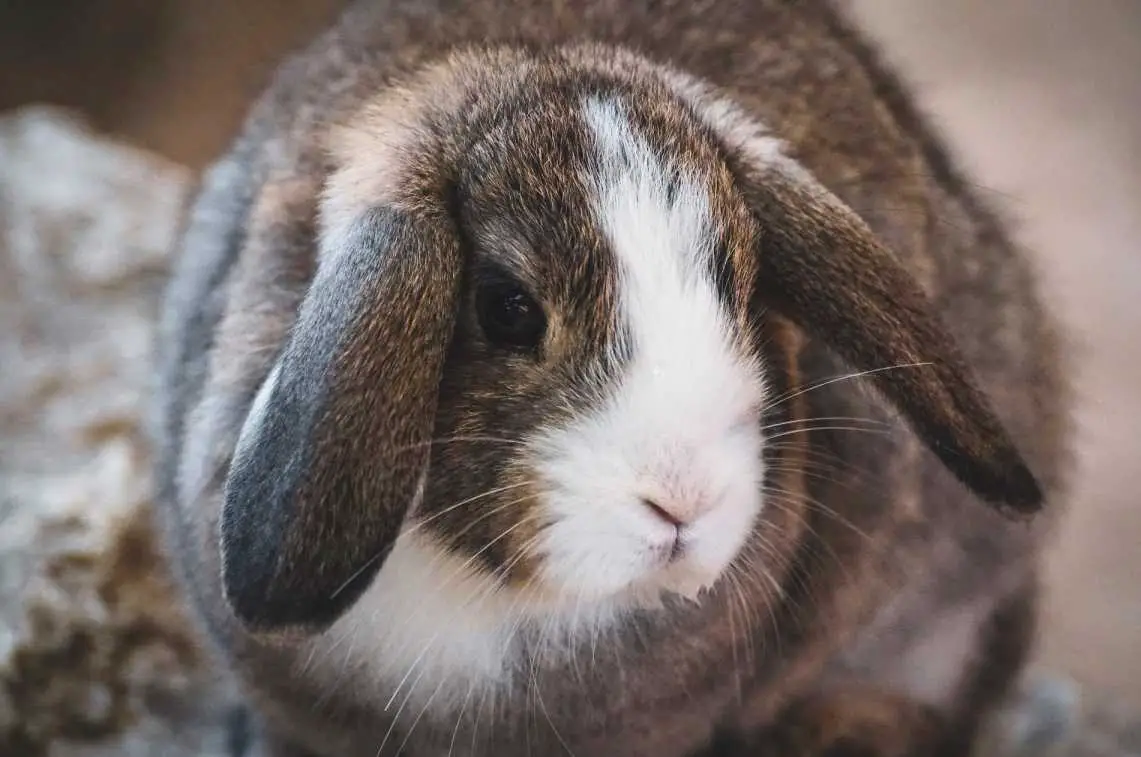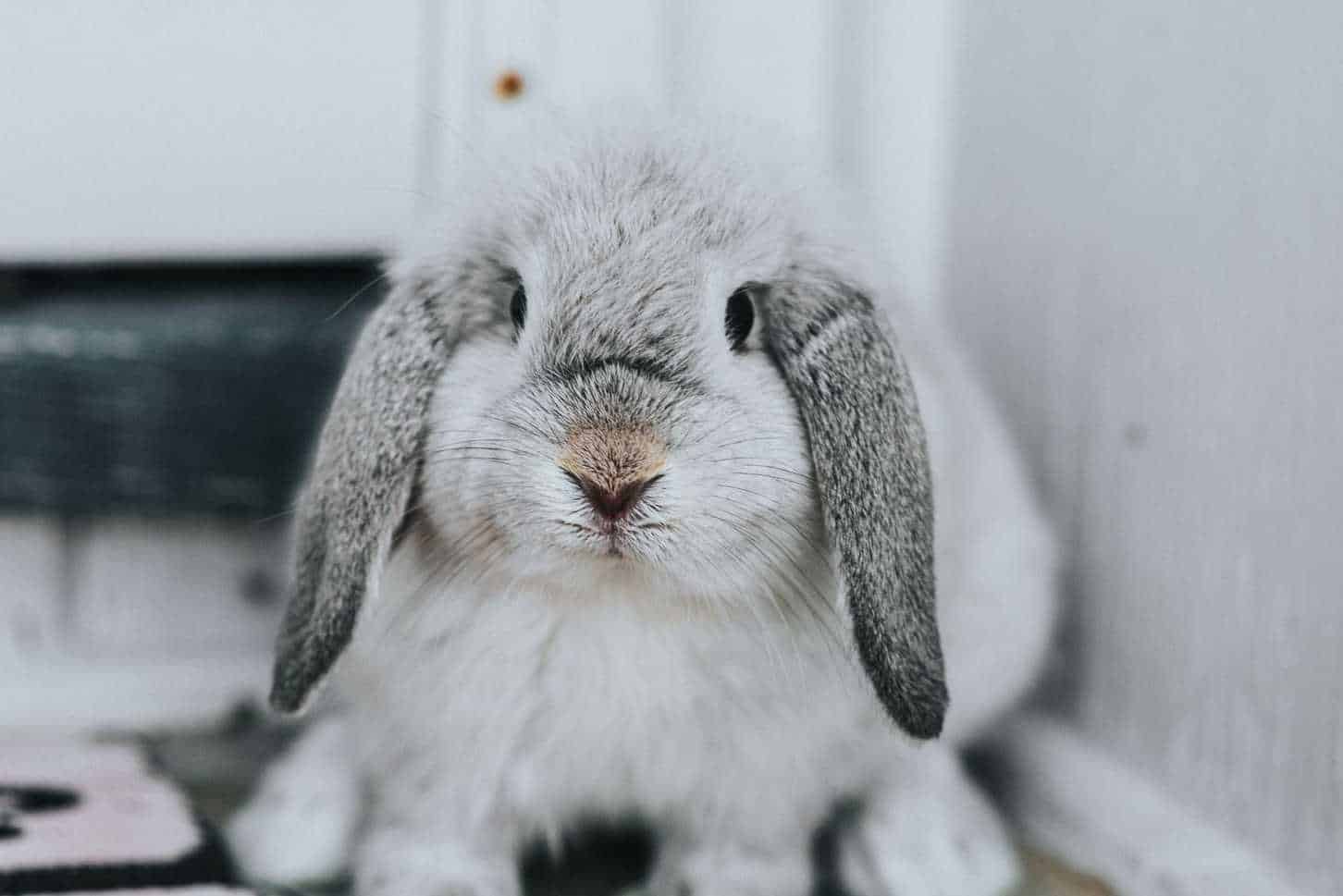If you recently got a new pet bunny, you may have thought about how quickly they grow up. You are not wrong – rabbits do grow fast. Let’s learn all about how rabbits grow and everything you can do to take care of them better as they grow older.
How Long Until Rabbits Stop Growing
Rabbits develop so fast that you can probably see the difference each week for the first few months. Their bodies get bigger, their bones get denser, and they require more food as time goes by.
You can even notice their fur changing color at different seasons. However, while changes are clearly visible as your bunny gets older, the growth rate depends on several factors, the most important one being the breed of your rabbit.
Here is the list of the most common rabbit breeds and information on when they fully develop and stop growing.
When Do Lionhead Rabbits Stop Growing
Lionhead rabbits develop quite fast. They usually reach their full size and maturity by the time they turn one, although it can happen even earlier – sometimes as early as six months.
Lionhead rabbits are a small breed, so they weigh around 3 lbs and are up to ten inches long when they are fully grown.
When Do Netherland Dwarf Rabbits Stop Growing
Netherland Dwarf rabbits are one of the most miniature breeds out there, so they don’t need a lot of time to develop to their adult size. It usually takes up to six months for this breed to stop growing.
When this happens, they weigh only around 2 pounds. They can seem bigger because of their fluffy fur, but you can be surprised at how tiny they are once you pick them up.
When Do French Lop Rabbits Stop Growing
French Lop rabbits are one of the most popular breeds out there because of their floppy ears. They are pretty big, so when they reach adult size, they weigh ten to fifteen pounds, and their ears alone are up to eight inches long.
They stop growing at around the ten months mark but depending on the rabbit, it can take around a year.
When Do Flemish Giant Rabbits Stop Growing
Some larger breeds take more than one year to develop fully, and the Flemish Giant rabbit is one of them. It takes around a year and a half for a Flemish bunny to reach adult size.
Once this happens, the rabbit can weigh more than 20 pounds, although the largest Flemish rabbit ever recorded weighed an astonishing 50 pounds. The adults are usually around 30 inches long.
Bigger rabbits require more calories, so you should be prepared to give them more and more food as they grow up.
When Do Giant Angora Rabbits Stop Growing
Angora rabbits usually stop growing when they are eight to nine months old. They reach adult size and weigh around seven to twelve pounds by this time. However, they may appear even bigger due to their enormous fur.
When Do Rex Rabbits Stop Growing
Rex rabbits stop growing when they are nine to ten months old, and at this point, they weigh seven to twelve pounds and are around 11 to 12 inches long. Their miniature version stops growing a few months earlier when they are six to seven months old.
The miniature Rex rabbit is considerably smaller than the standard one, weighing around four pounds only when fully grown.
Reasons a Rabbit Might Grow Slowly
If you notice that your rabbit is not growing as quickly as you think it should, you probably don’t have a reason to worry. Every individual rabbit is different, and genetics play a huge role in this process.
However, here are some factors that you have control over that may be the reason for your rabbit’s slow growth.
Small Space
If your bunny lives in a small place, it may not be able to reach full growth. Bunnies need large space to hop around and explore, so don’t keep your pet in a cage or a tiny shed. The more freedom your pet has, the better the conditions to keep growing to its full potential.
If you keep your pet in a house, let it out of the cage for most of the day, and if you keep it outside, you should do so in a large shed with plenty of opportunities for your bunny to go out and play outside.
Insufficient Stimulation
Humans need physical and mental stimulation to mature and grow. Rabbits are the same in this matter. If your bunny has enough space, playtime, and love, it will grow faster and better.
If your bunny lacks some of these basic requirements, it may grow more slowly. Ensure your pet has enough toys, spacious room for playing, and positive reinforcement from you.
Bad Diet
Rabbits need increasingly more food as they grow up. Their size increases, and their calorie and nutrient needs rise too. You should consult a vet on the amount of food you need to give to your bunny as each week passes.
It should also be noted that the quality of the food you feed your rabbit plays a role as well. Make sure that you provide your bunny with high-quality food – experiment a bit and take your rabbit’s preference into account; they may like some meals more than others.
What Happens As Rabbits Get Older
Although rabbits fully develop at a certain age depending on the breed, they continue to age. You will notice some changes in your rabbit’s behavior and appearance that can tell you your rabbit is growing old. Here they are.
Laziness
As your bunny gets old, you will notice the changes in behavior that may seem like laziness. Your pet may sleep more, play less, and even stop using the litter box. In addition, you will notice that your pet’s hops are getting lazier, slower, and lower.
You should ensure that your rabbit has easier access to its frequent spots, such as the litter box and cage, when this starts happening. Give your bunny the time and space it needs to rest and provide your pet with many cuddles and love whenever it allows you.
Fur Color
Just like humans, bunnies start graying when they get older. It is not difficult to notice when this happens, especially if your rabbit’s fur is dark. You will see gray hairs appear one by one over time.
The exact age when this happens is not universal for all rabbits, but it usually starts happening after they turn five or six.
Health Problems
Health problems are usually inevitable when rabbits reach a certain age. As they grow older, they require more frequent vet visits, and it is wise to start bringing them for regular health check-ups as soon as you notice their behavior changes.
Some of the common health problems old rabbits experience are arthritis, different types of tumors and cancers, overgrown teeth and other dental diseases, gastrointestinal issues, and more.
Of course, this doesn’t mean that every rabbit will experience one of these, but it is crucial to closely follow your bunny’s behavior to notice any change that may imply one or more health problems.
Unfortunately, there is not much you can do once your rabbit reaches a certain age and grows old. The most significant thing you can do is take your pet to the vet and follow the professional’s advice.
Don’t forget to shower your bunny with love and cuddles whenever you get a chance.
How Long Do Rabbits Live
Domestic rabbits have an average lifespan of eight to twelve years, which is considerably longer than the lifespan of wild rabbits (around one to three years).
The bunny’s lifespan depends on genetics, but there are some things that you can do to ensure your pet lives a long and happy life.
First of all, have your rabbit vaccinated as soon as possible – usually at around seven weeks. This is to prevent some common, dangerous diseases that your bunny can develop during its life.
Secondly, make your bunny’s living conditions as good as possible – provide your pet with a lot of space, toys, and even some friends if you have that option. Feed your bunny high-quality food and always ensure it has enough fresh water to drink.
Next, you should regularly take care of your rabbit’s body – trim the nails, brush the fur, and schedule regular vet visits for health check-ups.
Lastly, remember to show love and care to your rabbit throughout its life. Show your pet affection by cuddling and taking good care of your bunny.
Summary
Rabbits stop growing when they are six months to a year and a half old, depending on the breed and genetics. Each rabbit is different, so the time it reaches adult size and maturity can vary. Most domestic rabbits live up to twelve years.
As bunnies get older, their behavior and health status can change, so you should look closely for signs of disease or illness. Provide your bunny with good living conditions and love, and ensure that your pet has regular vet visits.
